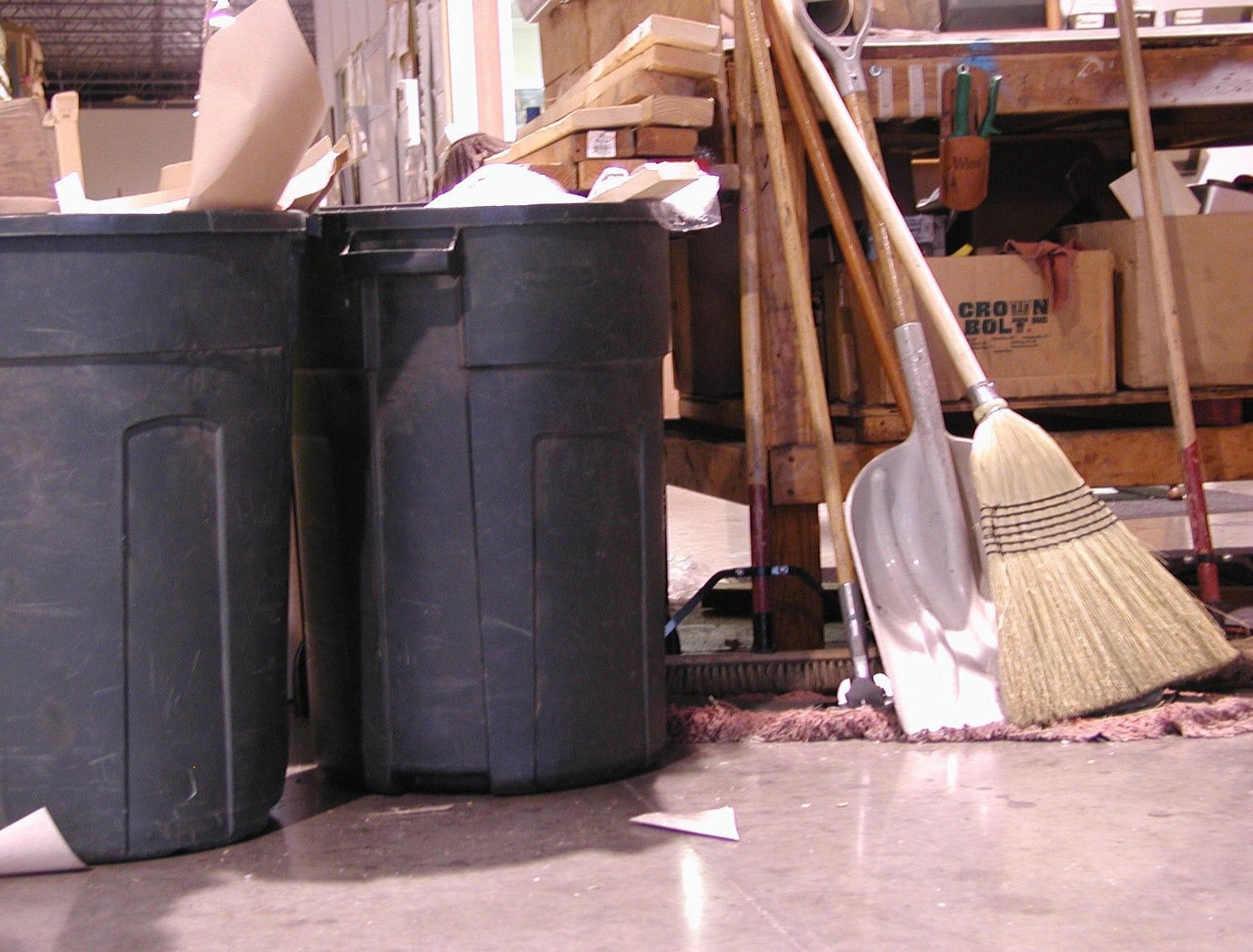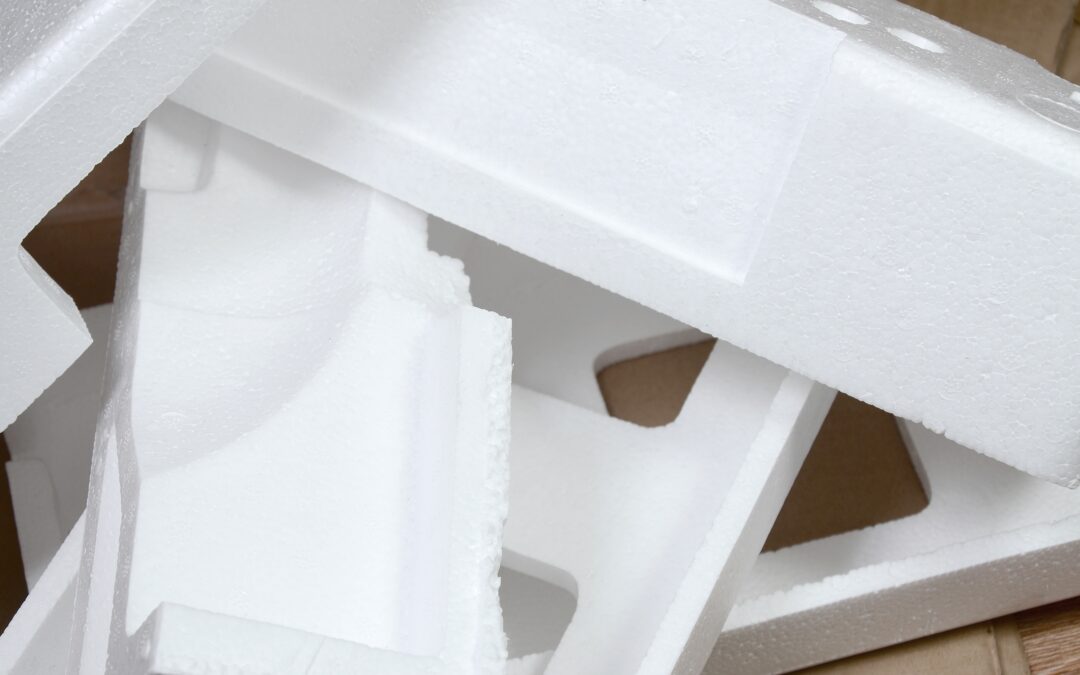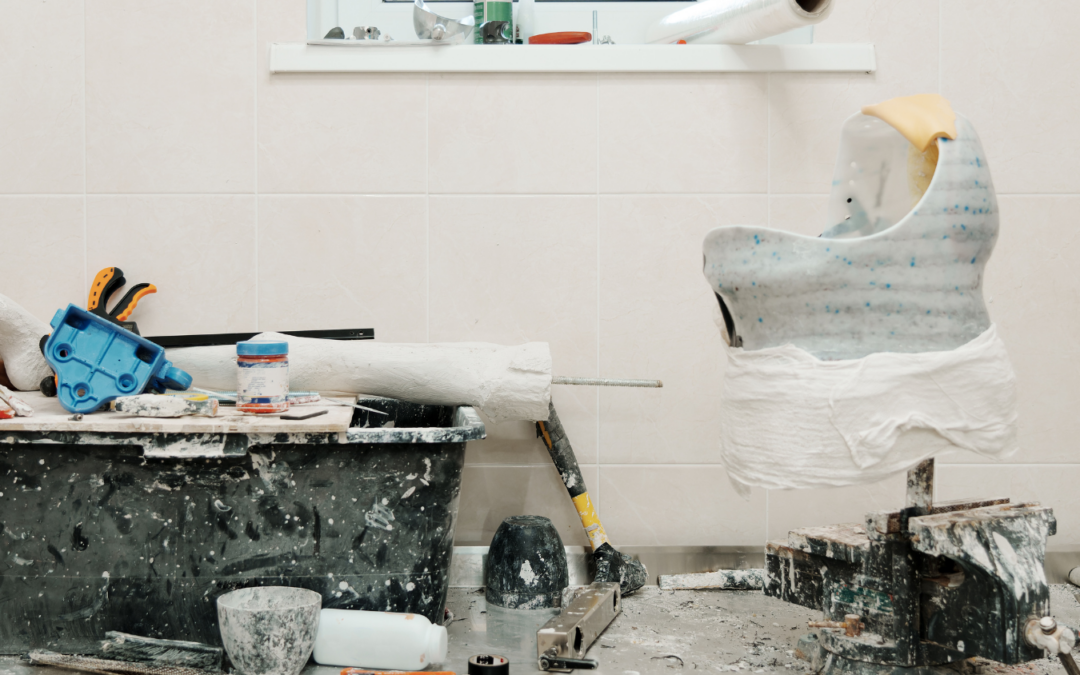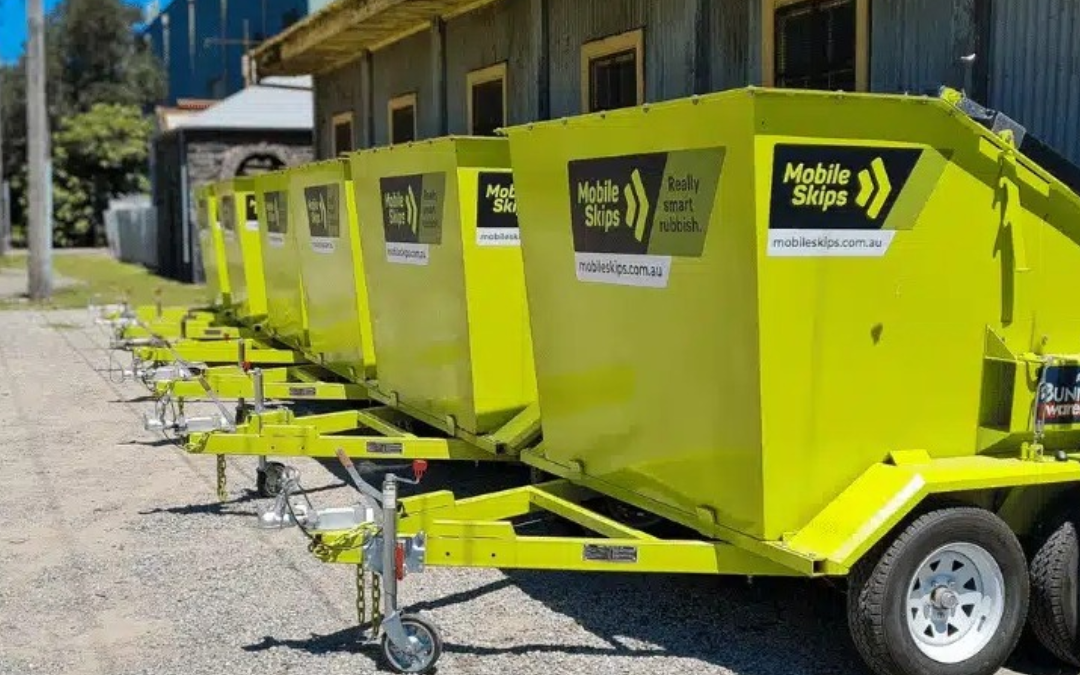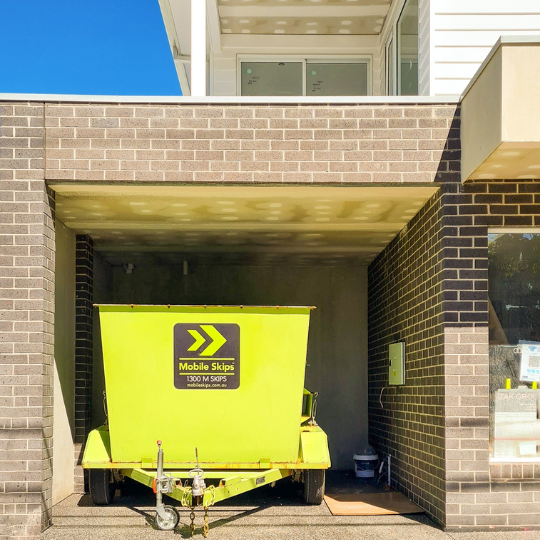With the ever-increasing population, there is a consequent rise in waste generation, too. Proper disposal of this waste is the need of the hour to ensure the sustenance of the earth. However, that may seem easier said than done.
As per a 2017 survey, Australia alone generated approximately 67 million tonnes of waste. So in a year, each household produced roughly 540kg of waste per person. The statistics sound absolutely mind-boggling, but does this mean there is no hope?
Table of Contents
Not in the least! Techniques for waste disposal and management are ever-evolving! All it takes is a bit of time to gain accurate knowledge of how to implement these strategies. However, there is more to household waste disposal than simply disposing of it properly.
Why Is Proper Household Waste Disposal Crucial?
Without a doubt, proper disposal and waste management are vital. However, do you wonder just why that is so? Of course, it has a positive impact on the environment, but it can benefit you too! Let us consider some of the reasons why you should practice effective waste disposal.
- Help keep your space clean and organised.
- Maintains the surrounding landscape of your house like your garden.
- Promotes a healthy lifestyle and sanitation.
- Prevents infestation by pests or insects.
- Ensures your physical safety by removing toxic and hazardous elements.
- Selling reusable items can earn you a bit of extra cash.
Segregation Of Waste
Before you can dispose of waste, you need to, first, segregate it. Segregation helps reduce how much waste you put out while also making it easier to recycle. Here are the different waste categories you can use:
- Wet Waste: Kitchen waste in the form of leftovers, fruit peels, leftovers, coffee or tea powder, and more. Also, garden waste such as twigs and leaves. You can turn these into organic compost.
- Dry Waste: Items like plastic carry bags, glass bottles, cutlery, cardboard, newspapers, and so on. You can further segregate this waste into recyclable or non-recyclable waste.
- E-waste: E-waste refers to electronic waste. You can further divide this into hazardous waste and non-hazardous waste. Anything with a chemical component like, say, batteries and bulbs is hazardous.
- Toxic Waste and Medical Waste: Toxic waste includes paints, containers, insecticides, and more. Biomedical waste can be something like syringes, used cosmetics, expired medicines, and so on.
Disposal Of Household Waste
After segregation, you come to the step of actually disposing of the waste. Well, your disposal methods will vary according to each category of waste. So here is what you need to know about getting rid of household waste.
Compost Kitchen Waste
For effective composting, get a specialized compost and recycling bin. While there are several stand-alone bins in the market, you can also have them as part of your kitchen design. Many kitchen counters may have sorting bins built straight into them.
Regardless of which option you go for, there must be enough space for your waste. Proper storage of waste is the first step to effective disposal.
Backyard Composting
Composting is a simple practice that can cut your household waste in half its quantity. Not only that, but it also requires little investment. It involves nothing more than using vegetable waste to make your garden more productive.
To prepare a healthy compost, ensure that it has a varied and mixed composition. Waste like fruits and vegetables are high in water content, so try to balance them out with drier items. Stale bread, newsprint, dead leaves, and so on fit the bill.
For waste disposal that is both quick and effective, try to speed up the decomposition process. You can easily do this by cutting waste like vegetables and fruits into tinier bits. When it comes to leaves, turning them over with a fork has the same effect.
While you can include most kitchen waste items for compost, avoid using dairy items. You may use eggshells, but anything else will produce bad odours.
Municipality Disposal Services
Every municipality offers some form of disposal service. However, the variation comes in what those entail – recycling, compost services, toxic waste collection, and more. So finding out what your municipality offers is always a good call.
Household Waste That Requires Extra Care
Some household materials can be hazardous or toxic, so including them in regular waste is not an option. For such materials, there are different methods you will have to employ. Let us consider some of them and their disposal techniques.
Toxic Materials
Solvents, paints, pesticides, motor oil, and so on are all toxic materials. So how do you dispose of them? Well, you may have to rely on your municipality for this one.
Some municipalities offer to collect such materials on certain days of the year. Others may set up a depot location where you can go to the deposit and sort the waste.
Fluorescent Tubes
Treat these materials with the same care as you would toxic waste. They contain mercury gas that is very harmful to humans, so find out from box stores if they might collect them. Also, be very careful when handling these items. In the event that they break inside your home, air out the rooms as soon as possible.
Old Batteries
Batteries, too, fall into the category of toxic household waste. Some public libraries may offer a depot location to drop off these items. Also, some hardware or electronic stores retailers may also offer to take off customers’ hands.
If unable to find a retailer, store batteries with your other toxic waste. Then you can drop it off whenever you make a visit to the depot in your municipality.
Electronics
Televisions, computers, monitors, and anything else that falls in the category of electronic equipment is dangerous. However, it is also recyclable. It is better to do an internet search of options available around you to dispose of such items.
Reusing Waste
Not all waste items are completely useless. For some, you can easily find other uses just like you use kitchen waste for garden compost. Whenever possible, try to reuse waste instead of getting rid of it. Here are some of your options for reusable items:
- Plastic and paper bags: Use these when you go shopping.
- Plastic bottles and containers: Use these in your kitchen for storage.
- Waste paper: Use this for creative artwork.
- Newspaper: Reuse this for packaging or even cleaning.
- Old Cloth: Convert these into wash rags or cleaning materials.
Reducing The Waste You Create
Disposing waste the right way is no doubt crucial. However, why not start with reducing waste output itself? Reducing waste has a direct impact on effective waste management and disposal. So here is what you can do to reduce the waste you are throwing away:
- Do not just throw broken items away. If possible, repair usable items.
- If you have items you no longer need, donate or sell them.
- Buy products that are long-lasting and have a good lifespan. With this, you can reduce the turnover of your products.
- Try not to make unnecessary purchases of any items be it clothing, appliances, or something else.
- Try to avoid purchasing single-use or disposable items.
- When buying products, choose ones that have little packaging.
Wrap Up
Effective ways disposal is no longer an option but a necessity. However, this boils down to more than just getting rid of waste through appropriate methods. You can also try to reduce your impact on waste generation and reuse old products where you can. With this, not only will you better off, but so will society!
Summary
Over the years, the impact of waste on the environment is apparent through landfills and polluted water bodies. So it is no wonder then that waste management has become the need of the hour.
Where does this management start? From your very own home through effective waste disposal! Conscious methods to get rid of waste do much to reduce their negative impact on the environment.
Yes, dumping all your household waste into one bag for a garbage truck to take away is no longer a solution. Different waste items have specific methods of disposal, and some even have designated locations for dumping.
In Australia alone, the amount of waste generated in the year 2017 was more than 20 million tonnes! For that reason, the government now follows a National Waste Policy for better management and disposal. That said, everyone has a part.

